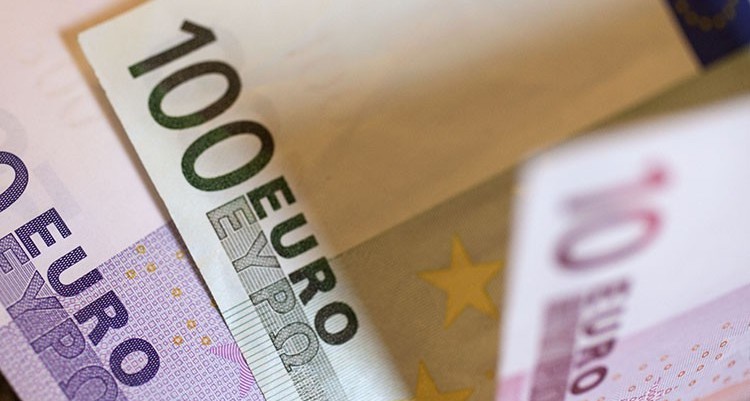EU to transfer €20.87mln to support economic development, “key reforms” in Georgia

The "non-reimbursable aid" was approved last year in a form of a "budget support", which is only disbursed when agreed conditions for results are met, the EU Delegation explained. Photo: Nino Alavidze/Agenda.ge
The European Union will transfer €20.87 million to support the implementation of "key reforms" in various sectors of the Georgian economy, from economic and business development to rural advances and food safety, the EU Delegation to Georgia announced on Thursday.
Supporting development of skills and a reform of the labour market, and contributing to regional development and agriculture are also under the scope of the package.
The "non-reimbursable aid" was approved last year in a form of a "budget support", which is only disbursed when agreed conditions for results are met, the EU Delegation explained.
In 2022, the EU transferred GEL 60 million to the ???????? state treasury within our budget support programmes.
— EU Delegation Georgia ???????? (@EUinGeorgia) February 9, 2023
Reforms benefit businesses, entrepreneurs & job seekers, people living in the regions of Georgia, food producers and consumers.
Info: https://t.co/2IuRq44eq3#EU4Georgia pic.twitter.com/5Xa4K3RtYY
After assessing implementation of reforms in sectors of the Georgian economy, the EU has decided to issue the following disbursement packages for each:
Economic and business development:
The EU Delegation has praised the Government’s “good progress” in the implementation of the small and medium-sized enterprise strategy, but pointed to “several indicators” not yet fulfilled due to “delays in the adoption of key legislation in earlier years”.
Disbursement for the sector will involve €5.67 million out of the maximum of €12 million.
Skills development and matching for labour market needs:
The EU representation highlighted “very good progress” achieved in reforming the labour market, but said a “small share of the disbursement could however not be transferred” due to a delay in the development of the methodology for monitoring the availability of job vacancies on the local level.
Disbursement will be issued in the amount of €7 million out of a maximum €7.5 million.
EU 4 Integrated Territorial Development:
The joint regional development programme between the EU and Georgia achieved “very good results”, the EU Delegation said, thus a full disbursement of €5 million will be offered.
European Neighbourhood Programme for Rural Development and Agriculture:
“Good progress” was observed in the implementation of the programme that aims to improve the living conditions of people and communities of rural areas. The diplomatic office also noted one indicator related to the certification of nurseries had not been fully met, resulting in a partial disbursement of €3.2 million out of a maximum of €4.4 million.
 Tweet
Tweet  Share
Share